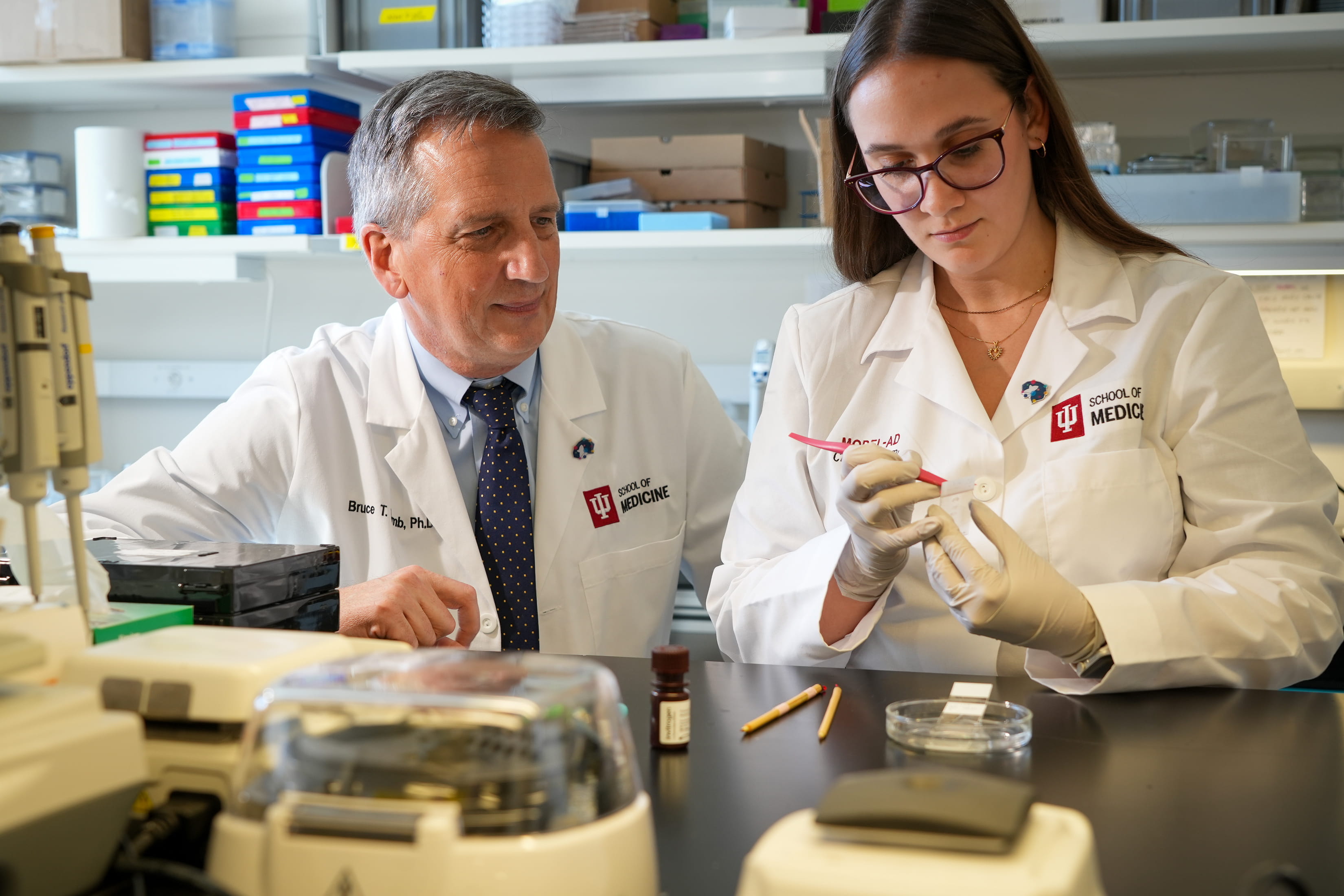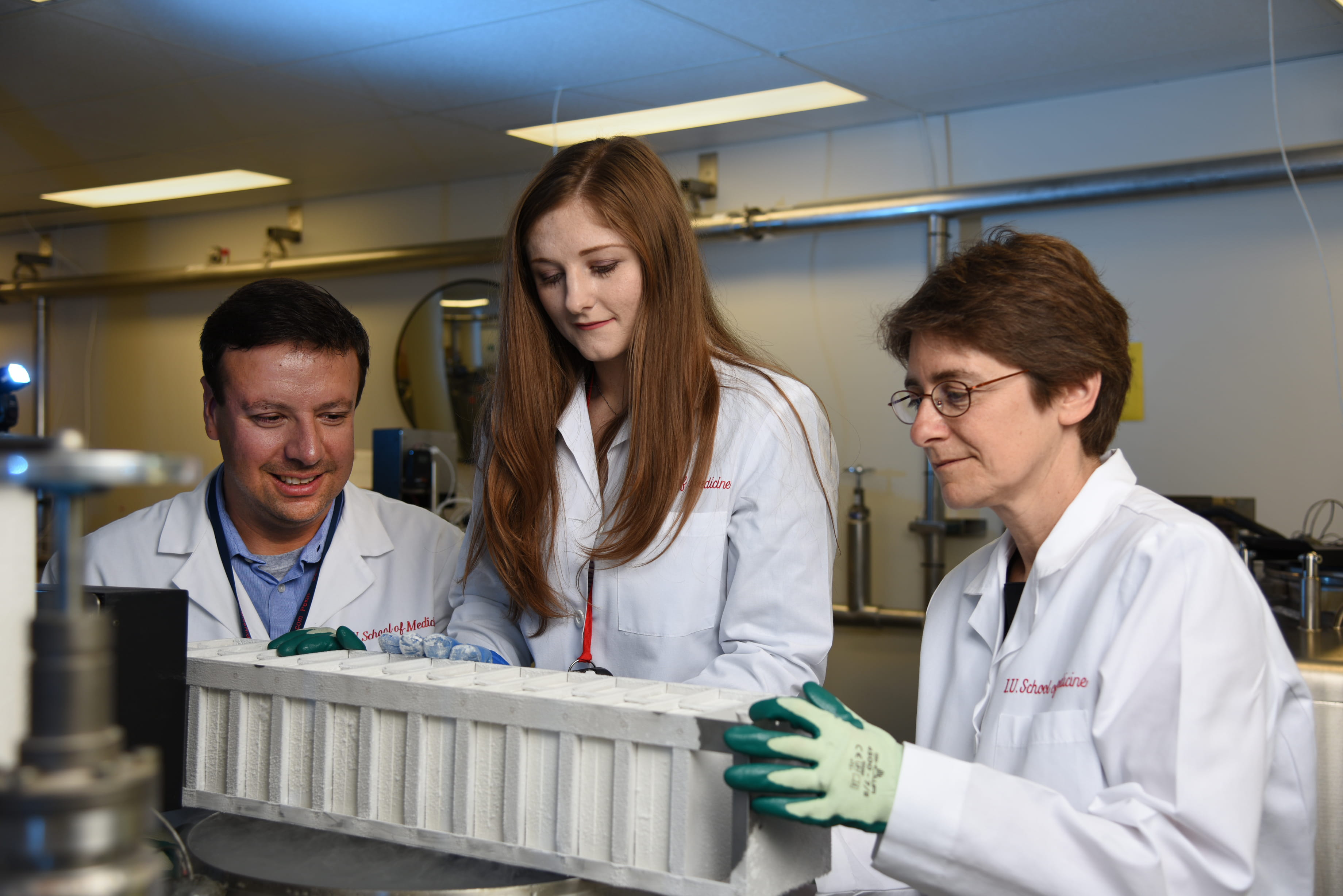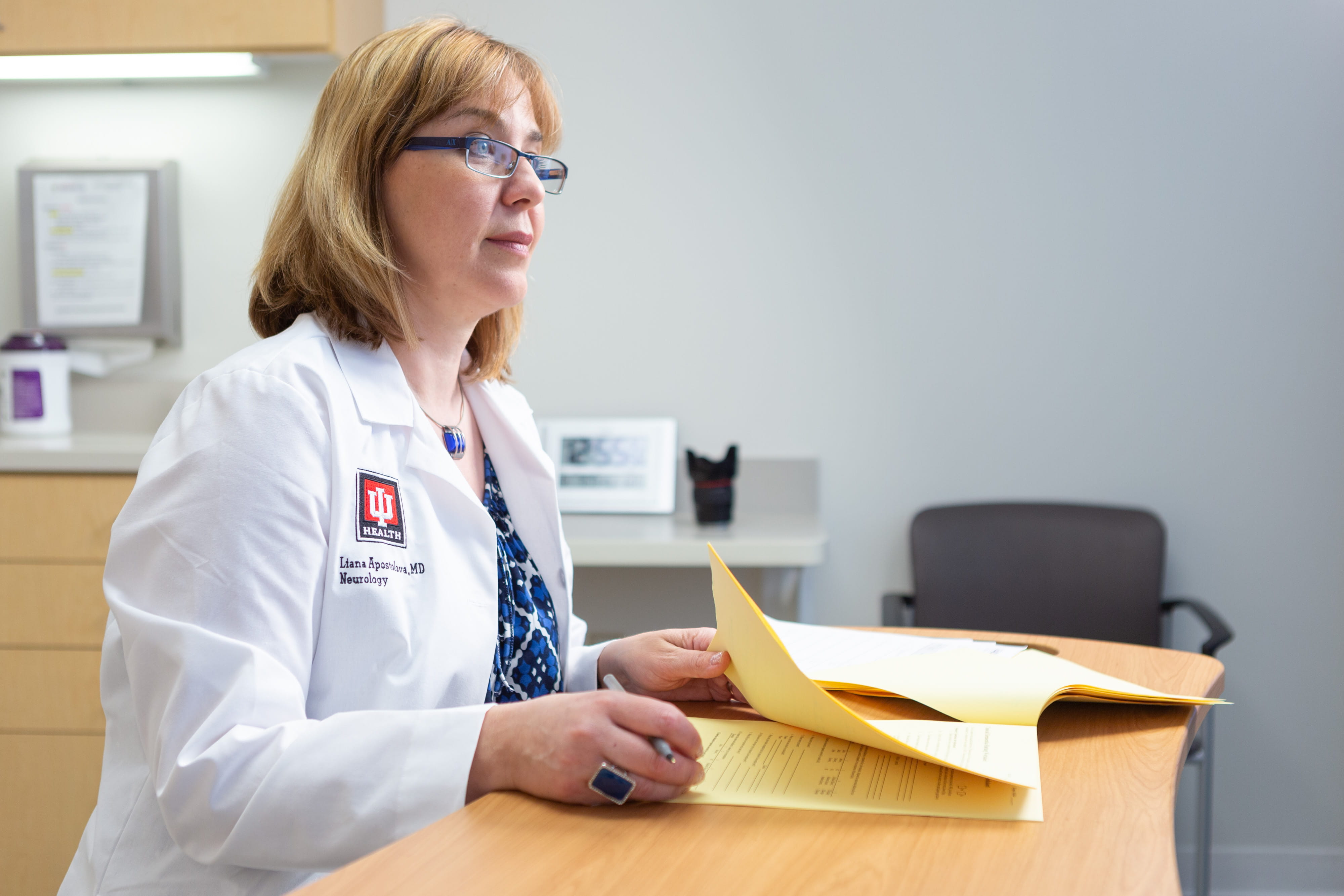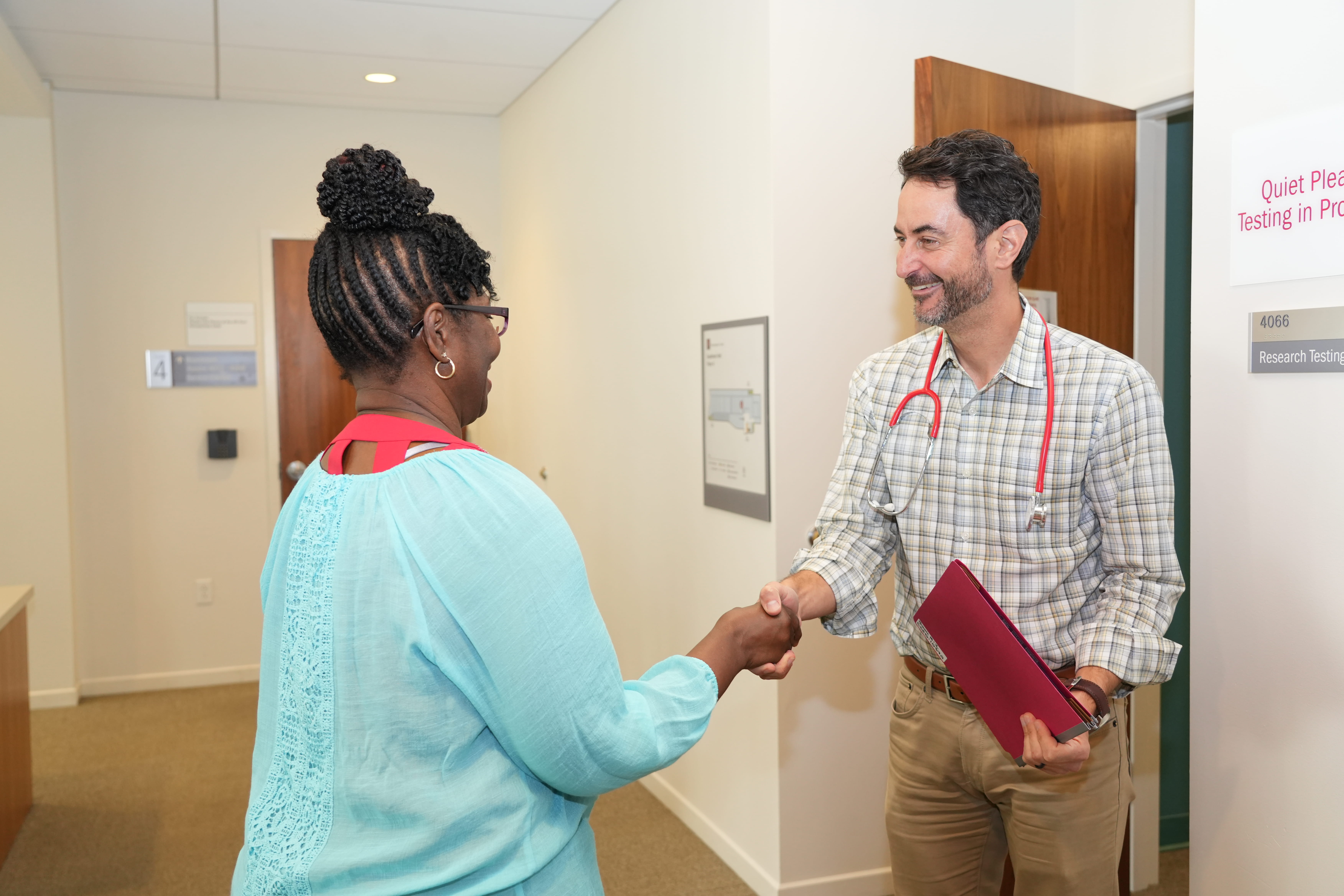Indiana University School of Medicine leads a comprehensive program in Alzheimer's disease research spanning basic, translational and clinical research, focused on optimizing clinical care for patients with Alzheimer's disease. The school, ranked No. 6 in the nation for National Institute of Aging research, received $87 million in National Institutes of Health grants to fund Alzheimer's disease research. From developing the next generation of animal models and testing potential therapeutics to working alongside clinical research participants and patients in the state's largest health system, IU School of Medicine has a rich research program and expertise widely recognized around the world.
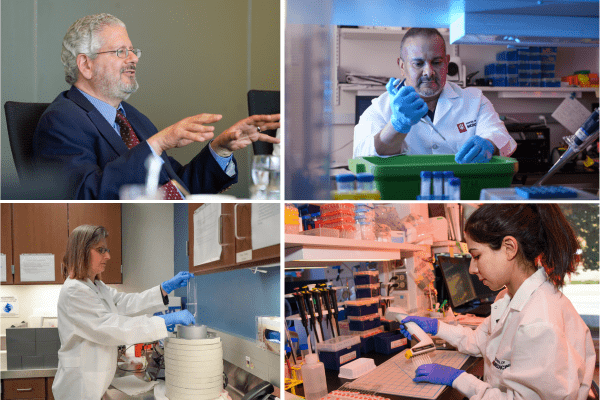
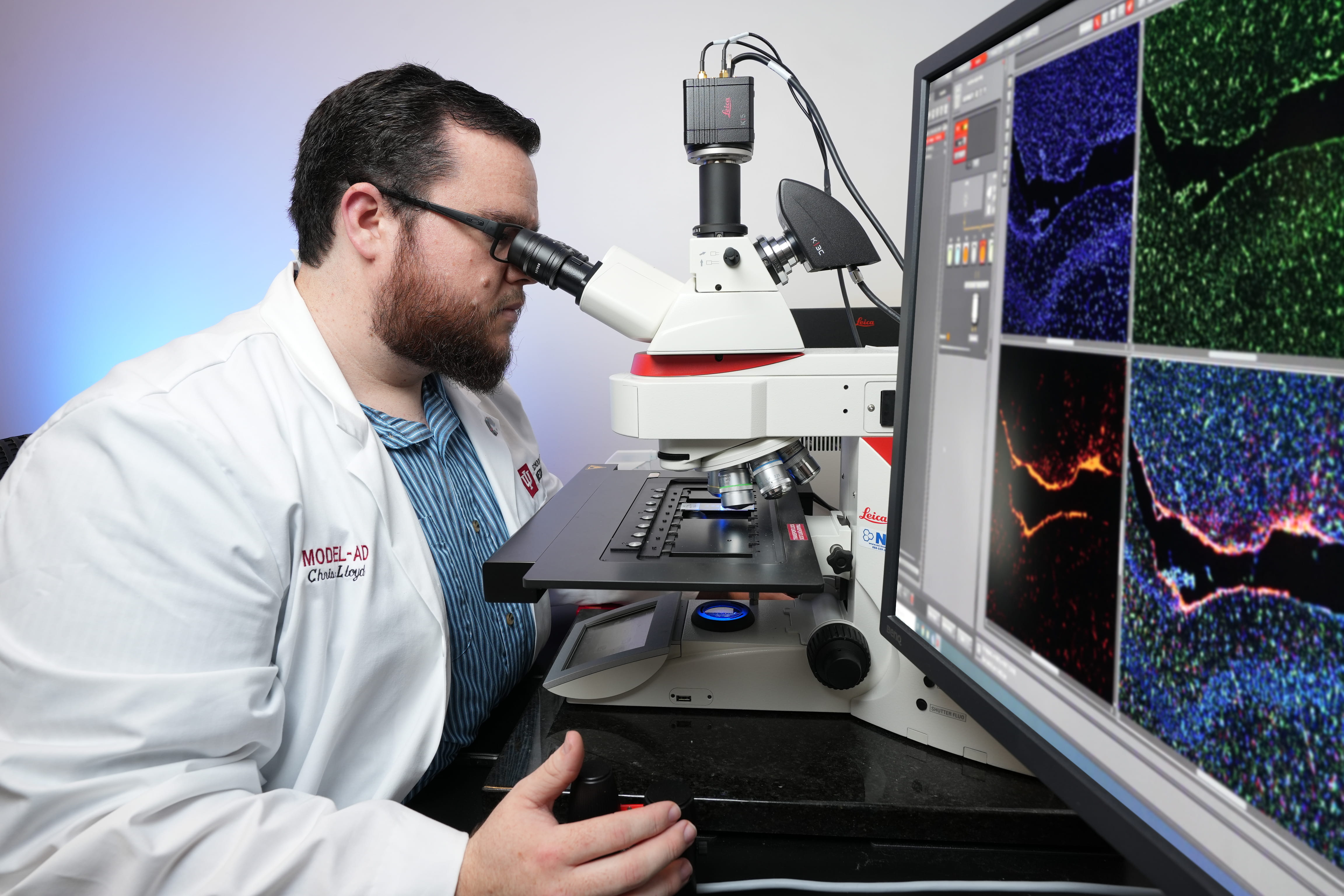
Basic and Preclinical Science
Basic scientists research the neurobiology and molecular genetics of Alzheimer’s disease to define disease mechanisms using animal models, identify therapeutic targets, rigorously test drugs and create molecules for potential drugs.
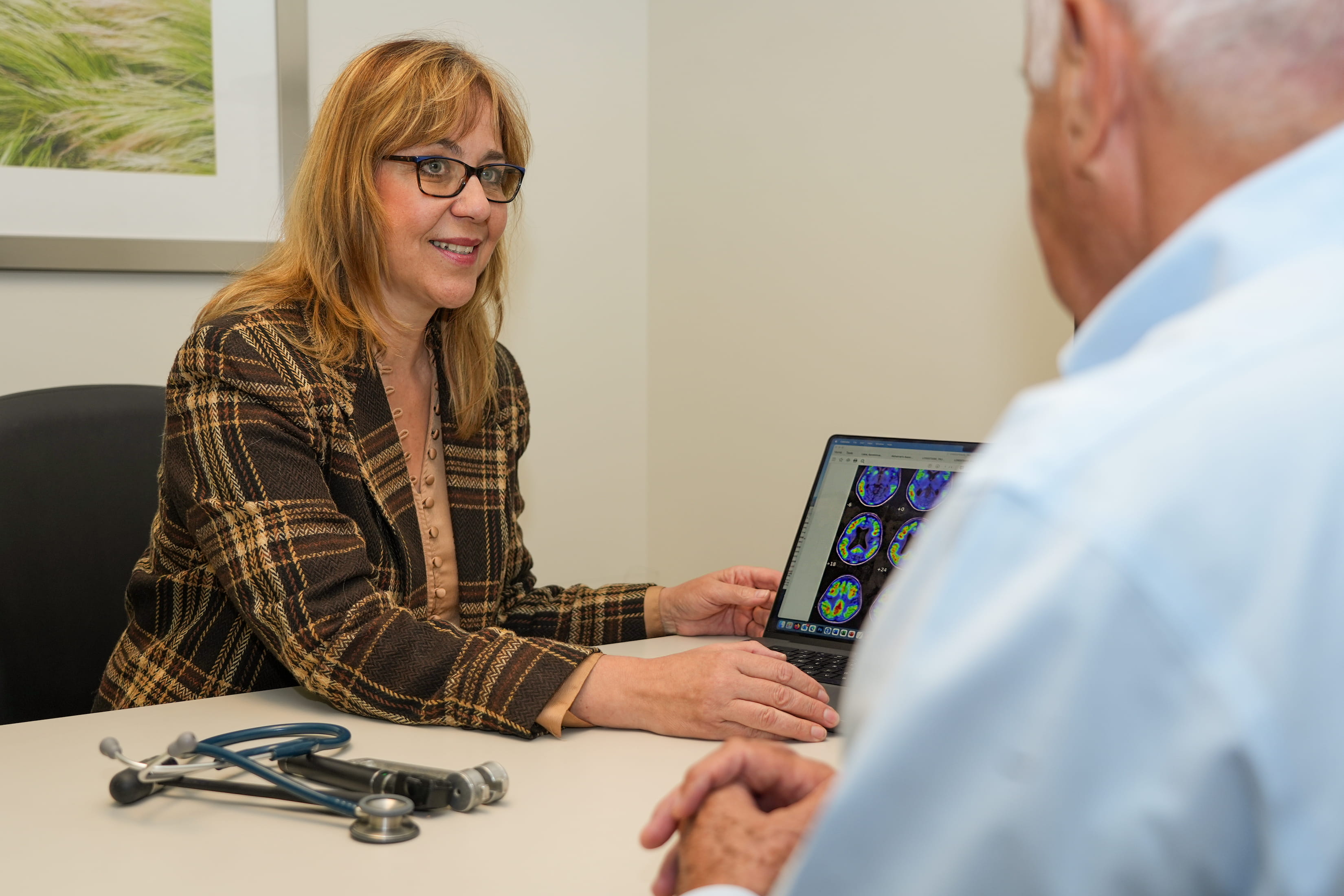
Clinical and Translational Science
Researchers in clinical and translational science test new methods to diagnose, treat and prevent Alzheimer’s disease, and advancing this research into improved diagnosis and care for patients living with the disease.
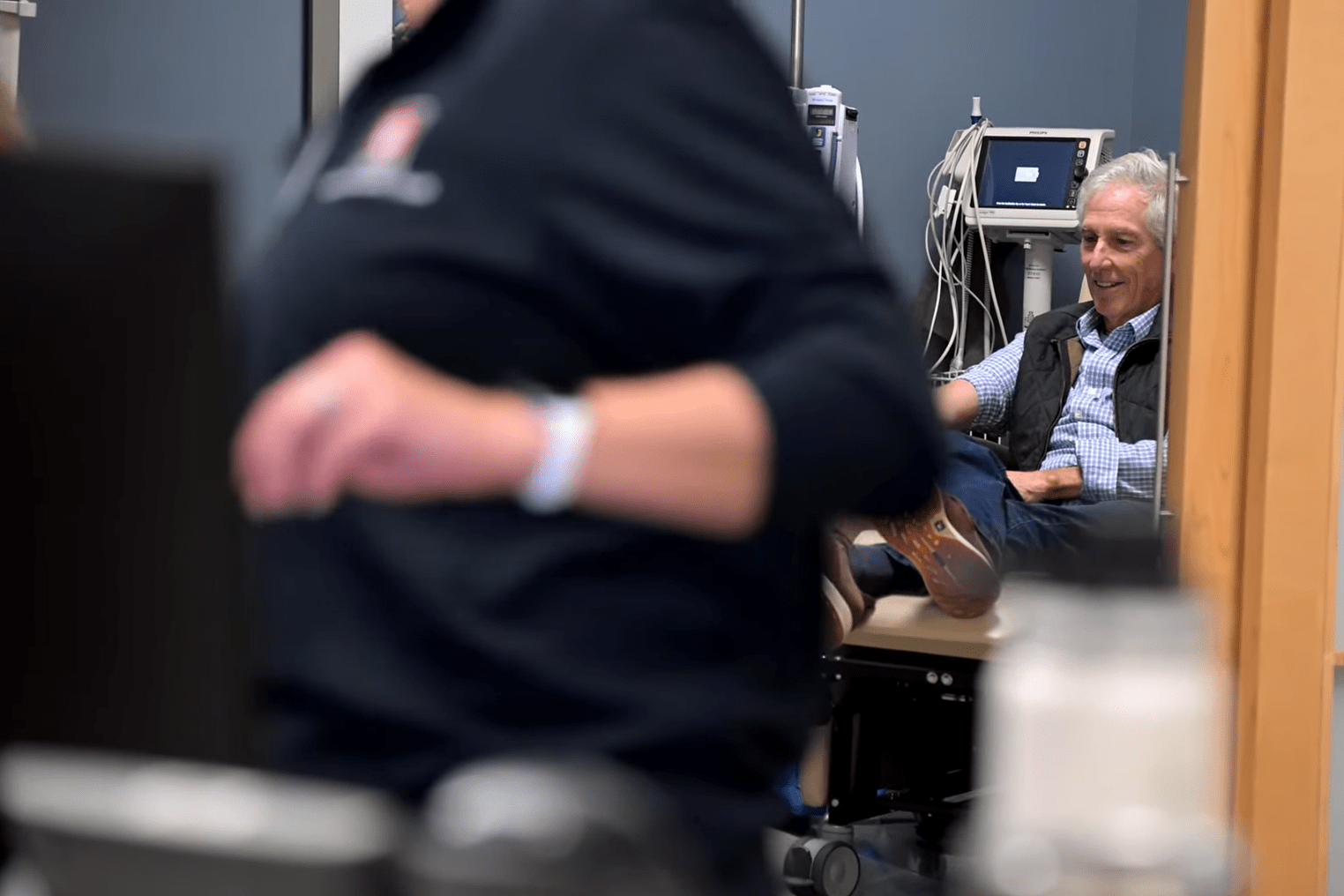
Clinical Innovation
Researchers in clinical and translational science test new methods to diagnose, treat and prevent Alzheimer’s disease, and advancing this research into improved diagnosis and care for patients living with the disease.
Featured News

Study finds genetic risk factor for Alzheimer’s disease disrupts brain connectivity
A well-known genetic risk factor for Alzheimer’s disease worsens damage to white matter tissues in the brain that are crucial for communication between different brain regions.
December 16, 2025

IU geriatrics expert earns celebrated professorship for aging research
Kathleen Unroe was named the Cornelius and Yvonne Pettinga Professor of Medicine, a title awarded to a faculty member who engages in educational, research and clinical care efforts related to aging.December 12, 2025

The new IU School of Medicine program is geared toward training the next generation of scientists investigating Alzheimer’s disease and related dementias.
November 21, 2025

November 10, 2025

Honoring Our Heroes: Veterans educate community on Alzheimer's Disease
Veterans on the Indiana Alzheimer's Disease Research Center's Community Advisory Board view community education as an extension of their loyalty and service to fellow service members and the country.November 10, 2025
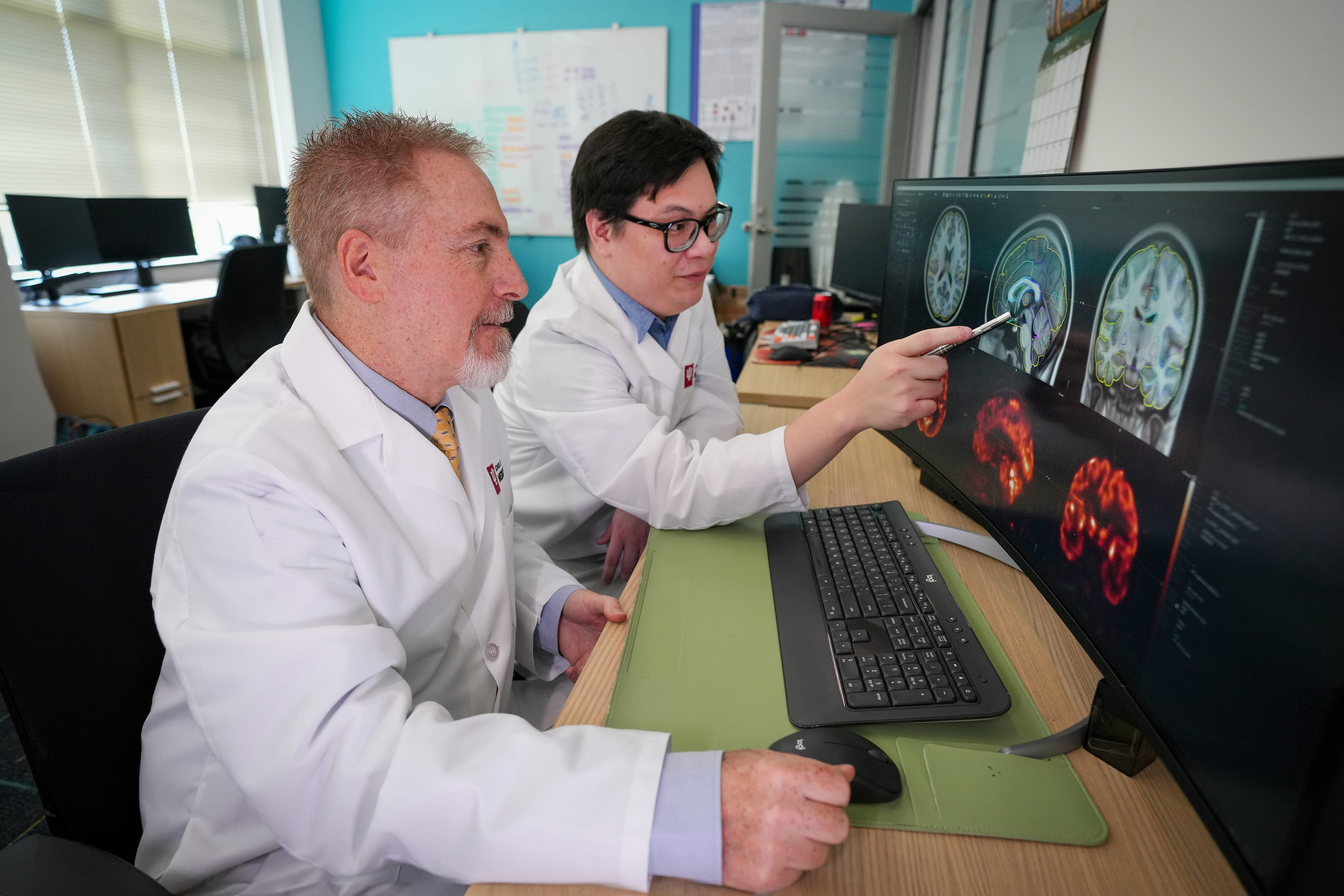
The findings highlight the major role inflammation plays in neurodegenerative disease progression.
November 07, 2025
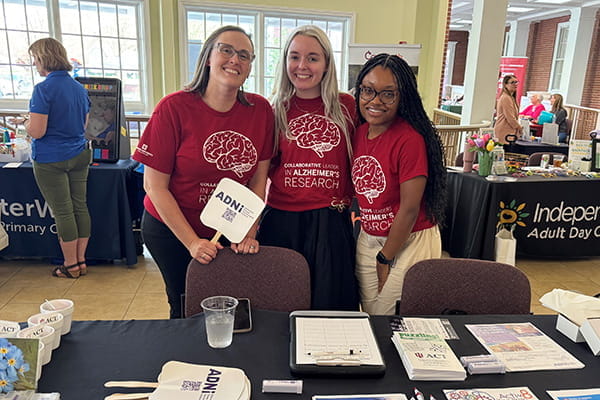
Beyond the lab: Community liaisons contribute to breakthroughs in Alzheimer’s research at IU
As a community research liaison for the Department of Neurology, Zipporah Melton was determined to break down the multifaceted barriers that often prevent underrepresented communities from participating in clinical trails.November 03, 2025

Finding strength and support: The 19th annual Martin Family Alzheimer's Disease Caregivers Symposium
Caring for a loved one with Alzheimer's disease can be an incredibly tough journey, requiring great strength, resilience and a continuous quest for knowledge and support. The Martin Family Alzheimer's Disease Caregiver Symposium has been a beacon of hope and a vital resource for nearly twenty years for Hoosiers and many others.October 08, 2025

September 02, 2025
